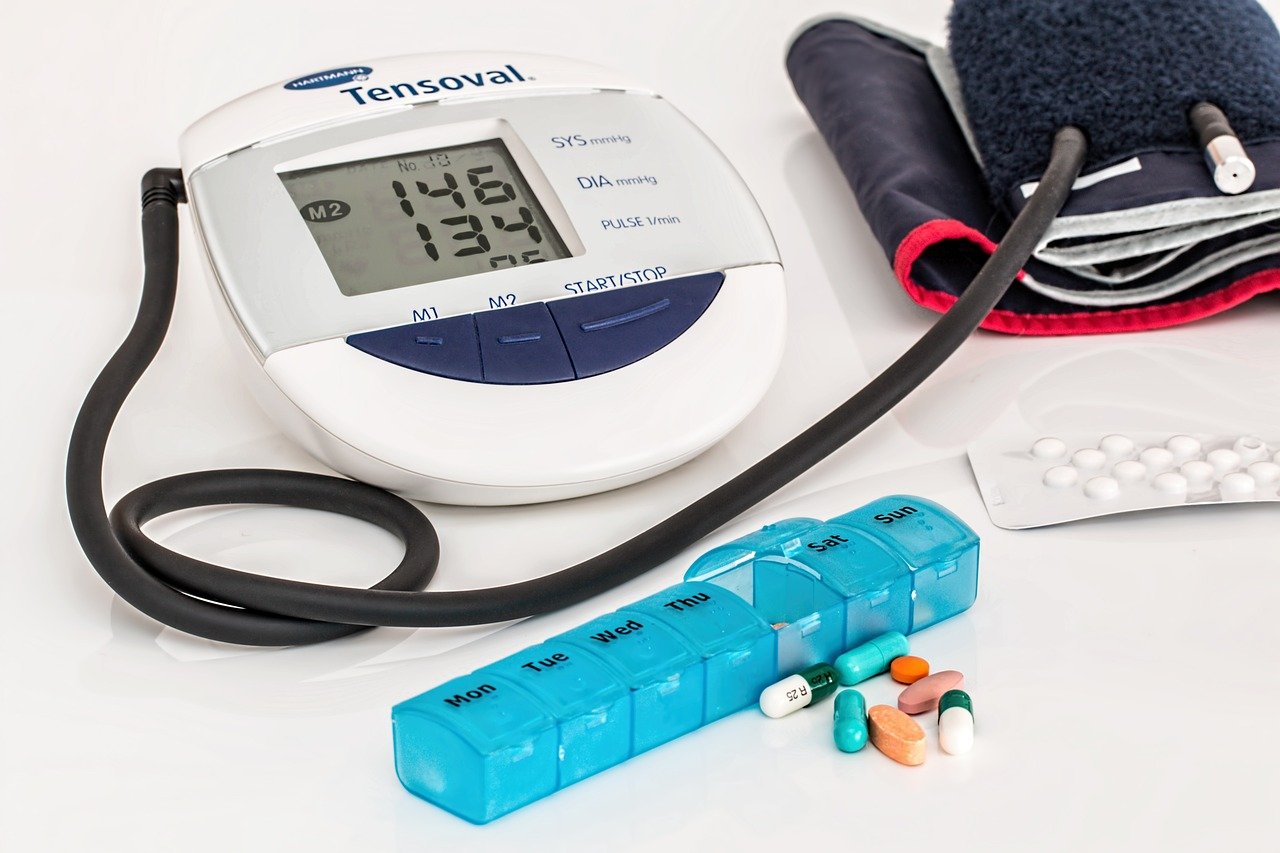Boost Your Immune System Naturally: Easy Tips & Tricks 2024

Introduction
Maintaining a robust immune is essential for good health and preventing illnesses. But how can you boost your immune naturally? In this article, we’ll explore a variety of natural methods to enhance your immune function, including dietary choices, lifestyle changes, and other holistic practices. Let’s dive into the fascinating world of natural immunity boosters.
Understanding the Immune System
What is the Immune System?
Your immune is your body’s defense mechanism against harmful pathogens, including viruses, bacteria, and other foreign invaders. It’s a complex network of cells, tissues, and organs working together to protect you from infections and diseases.
How the Immune System Works
When your body recognises a threat, your immune activates, sending out white blood cells to assault and neutralise the invaders. It’s a highly coordinated process, involving various types of cells and responses to keep you healthy. This intricate system includes barriers like the skin and mucous membranes, as well as specialized cells like lymphocytes and phagocytes that identify and destroy harmful agents.
Healthy Diet for Immunity
Importance of a Balanced Diet
Maintaining a healthy immune system requires a well-balanced diet. Consuming a variety of nutrients helps your body function optimally and fight off illnesses more effectively. Nutrients such as vitamins, minerals, proteins, and antioxidants play specific roles in supporting immune health.
Essential Nutrients
Vitamins
- Vitamin C: Found in citrus fruits, bell peppers, and broccoli, vitamin C is known for its immune-boosting properties. It promotes the development of white blood cells and acts as a powerful antioxidant.
- Vitamin D: Essential for immune function, it can be obtained from sunlight, fortified foods, and supplements. Vitamin D enhances pathogen-fighting effects of monocytes and macrophages—white blood cells that are critical to immune defense.
- Vitamin E: This antioxidant found in nuts, seeds, and spinach helps protect your cells from damage. It promotes the function of T-cells, a type of white blood cell that plays an important role in immunological response.
Minerals
- Zinc: Vital for immune cell function, zinc is found in meat, shellfish, legumes, and seeds. It helps maintain skin integrity and structure, supports the production of immune cells, and is crucial for normal development and function of cells mediating innate immunity.
- Iron: Necessary for immune cells, iron is abundant in red meat, beans, and fortified cereals. It helps carry oxygen to cells, including those involved in the immune response.
Superfoods for Immune Health
Garlic
Garlic has been utilised for millennia due to its therapeutic benefits. It contains allicin, which has antimicrobial effects that can help combat infections. Garlic also enhances the immune response by stimulating various types of white blood cells.
Ginger
Ginger is another powerhouse with anti-inflammatory and antioxidant properties, aiding in immune function. It helps reduce inflammation, which can enhance immune response.
Turmeric
Turmeric contains curcumin, known for its potent anti-inflammatory effects, which can enhance immune response. Garlic has been utilised for millennia due to its therapeutic benefits.
Citrus Fruits
Citrus fruits like oranges, lemons, and grapefruits are rich in vitamin C, a critical nutrient for immune health. Vitamin C helps stimulate the production of white blood cells and is essential for the proper functioning of the immune system.
Hydration and Immune Function
Role of Water in Immune Health
Staying hydrated is essential for maintaining your body’s defenses. Water assists in removing pollutants and delivering nutrients to cells. It also aids in the production of lymph, which carries white blood cells and other immune system cells throughout the body.
Hydration Tips
- Aim for at least eight glasses of water per day.
- Eat hydrating foods in your diet, such as watermelon and cucumbers.
- Limit diuretics like caffeine and alcohol that can dehydrate you.
Regular Exercise
Benefits of Physical Activity
Regular exercise boosts overall health, including the immune system. It encourages healthy circulation, which facilitates the more easy movement of immunological cells throughout the body. Exercise also helps reduce inflammation and supports the turnover of immune cells.
Types of Exercise
- Cardio: Exercises that strengthen the heart and circulatory system include cycling, swimming, and running.
- Strength Training: Lifting weights or doing body-weight exercises helps build muscle and supports metabolic health.
- Flexibility and Balance: Yoga and stretching improve flexibility and reduce injury risk.
Tips for Staying Active
- To stay motivated, engage in enjoyable activities.
- Mix different types of exercises to work various muscle groups.
- Set reasonable objectives and escalate your activity level gradually.
Adequate Sleep
Connection Between Sleep and Immunity
A robust immune system requires getting enough sleep. Your body heals itself and creates cytokines while you sleep, which aid in the battle against inflammation and infection. Your immune system might be weakened by sleep deprivation, leaving you more vulnerable to sickness.
Tips for Better Sleep
- Maintain a regular sleep schedule.
- Create a relaxing bedtime routine.
- Make sure your bedroom is quiet, dark, and cold.
Stress Management
Impact of Stress on the Immune System
Your immune system may be weakened by ongoing stress, leaving you more vulnerable to sickness. Stress chemicals such as cortisol have the ability to reduce the immune system’s efficiency.
Stress-Reduction Techniques
- Meditation: Assists in lowering stress hormones and calming the mind.
- Exercise: Engaging in physical activity releases feel-good endorphins.
- Hobbies: Taking part in the things you enjoy doing can help you decompress.
Herbal Supplements and Remedies
Popular Herbs for Immune Support
Echinacea
Echinacea is widely used to prevent colds and infections. It possesses anti-inflammatory and immune-stimulating qualities.
Elderberry
Elderberry has a reputation for preventing colds and the flu. It’s rich in antioxidants and vitamins that boost immune health.
How to Use Herbal Supplements Safely
- Follow the recommended dosage instructions.
Gut Health and Immunity
The Gut-Immune Connection
Your stomach contains a large amount of your immune system. Healthy gut bacteria support immune function by maintaining a balanced environment. The gut microbiome communicates with immune cells to regulate the body’s response to infection.
Probiotics and Prebiotics
- Probiotics: Found in fermented foods like yogurt, kefir, and sauerkraut, probiotics help maintain a healthy gut microbiome. They support the production of natural antibodies and enhance the activity of white blood cells.
- Prebiotics: Foods like garlic, onions, and bananas provide the nutrients that beneficial gut bacteria need to thrive. Prebiotics help feed and sustain the good bacteria in your gut.
Healthy Lifestyle Choices
Avoiding Smoking and Excessive Alcohol
Your immune system can be weakened by smoking and strong alcohol use, which increases your susceptibility to illnesses. Both habits can damage immune cells and reduce their ability to function effectively.
Importance of Hygiene
Good hygiene practices, such as regular handwashing, help prevent the spread of germs and protect your immune system. Keeping your environment clean and maintaining personal hygiene can reduce your risk of infections.
Outdoor Activities and Sunlight
Benefits of Fresh Air and Nature
Spending time outdoors can boost your mood and reduce stress, both of which positively impact your immune system. Nature walks and outdoor activities can enhance mental well-being and physical health.
Vitamin D and Sunlight
Sun exposure is a natural source of vitamin D, which is crucial for immune health. ATry to get outside for 10 to 30 minutes each week. Vitamin D helps modulate the immune response and can reduce the risk of infections.
Mind-Body Practices
Yoga and Meditation
These practices promote relaxation and reduce stress, supporting overall immune function. Yoga improves flexibility, strength, and circulation, while meditation can enhance mental clarity and emotional stability.
Deep Breathing Exercises
Deep breathing can help reduce stress and improve lung function, which is beneficial for your immune system. Techniques like diaphragmatic breathing and mindfulness breathing can enhance relaxation and reduce anxiety.
Staying Informed
Keeping Up with Health Information
Stay updated on the latest health information and recommendations to make informed decisions about your immune health. Reliable sources such as healthcare providers and reputable health organizations can provide valuable guidance.
Consulting Healthcare Professionals
Regular check-ups with healthcare providers can help you maintain a strong immune system and address any concerns promptly. Personalized advice from healthcare professionals can optimize your immune-boosting strategies.
Myths About Immunity
Debunking Common Myths
Many misconceptions about boosting immunity exist. It’s important to focus on evidence-based practices rather than quick fixes. For example, while certain foods and supplements can support immune health, they cannot instantly prevent or cure diseases.
Focusing on Evidence-Based Practices
Prioritize scientifically supported methods to enhance your immune health rather than relying on myths and unproven claims. Making informed choices based on research can lead to more effective and sustainable immune support.
Conclusion
Boosting your immune system naturally involves a holistic approach that includes a healthy diet, regular exercise, adequate sleep, stress management, and making informed lifestyle choices. By integrating these practices into your daily routine, you can support your immune health and enhance your overall well-being. Recall that your strongest line of defence against disease is a robust immune system.
FAQs
How long does it take to see improvements in immune health?
Improvements in immune health can vary depending on the individual and the changes made. Generally, adopting a healthier lifestyle can show benefits within a few weeks to a few months.
Can I boost my immune system if I have a chronic illness?
Yes, you can still boost your immune system with a chronic illness. However, it’s important to consult with your healthcare provider to tailor strategies that suit your specific condition and needs.
Which meals compromise the immune system?
Foods high in sugar, unhealthy fats, and processed ingredients can weaken the immune system. It’s best to limit these and focus on nutrient-dense foods.
How does aging affect the immune system?
Aging can lead to a decline in immune function, making it harder to fight off infections. However, maintaining a healthy lifestyle can help mitigate some of these effects.
What are some signs of a weak immune system?
Signs of a weak immune system include frequent infections, slow wound healing, persistent fatigue, and digestive issues. If you experience these symptoms, consult with a healthcare professional.




